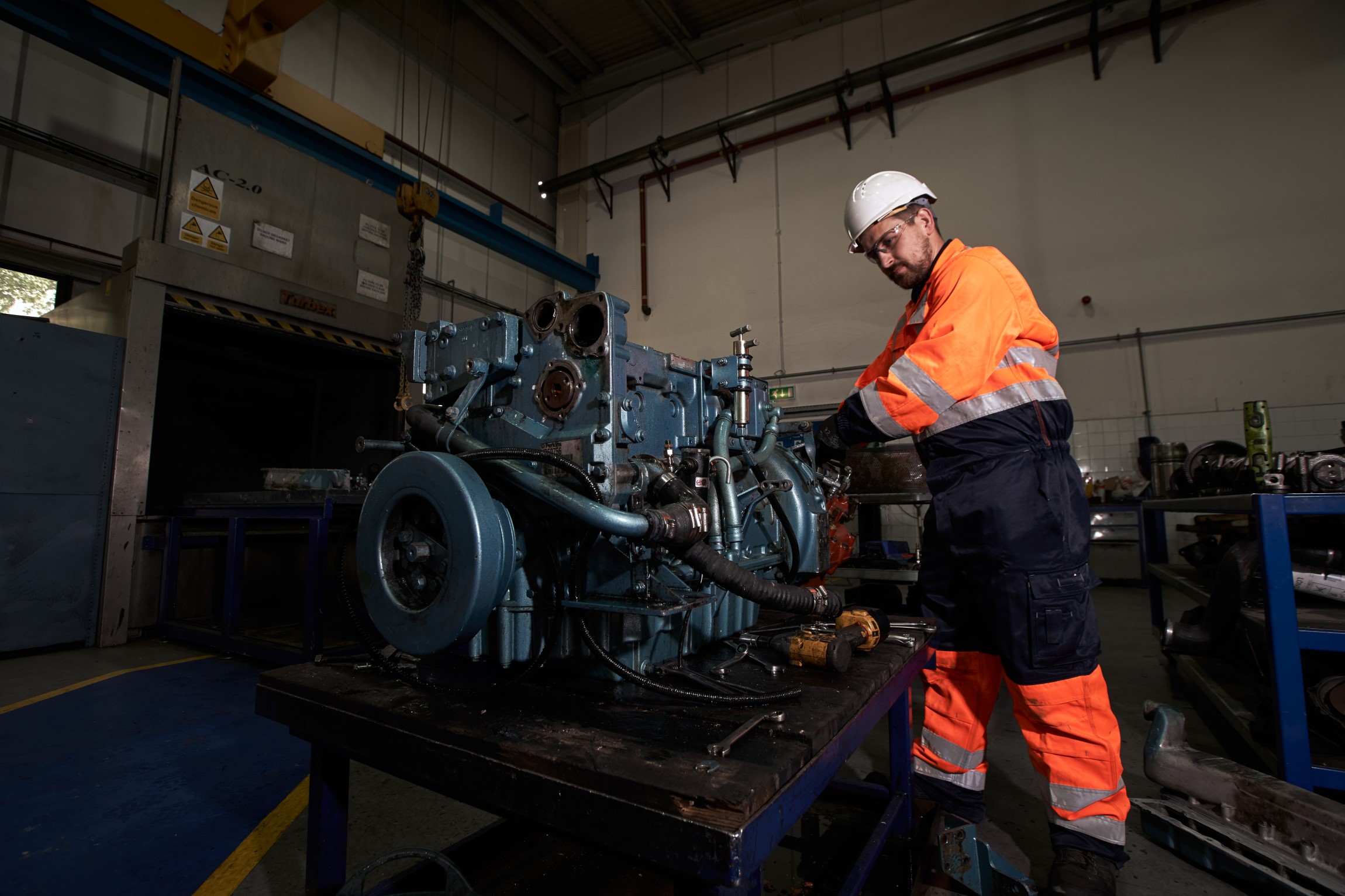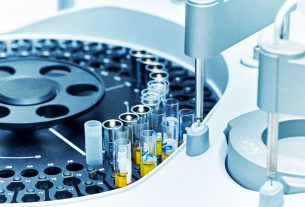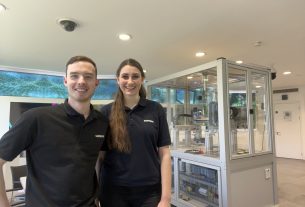While current emissions legislation has little impact on generator servicing companies at present, as new, low emission engines saturate the market, the way maintenance is managed could drastically change. Here Pete Trueman, Service Delivery Manager at DiPerk, the UK and Ireland’s Perkins engines expert, explains how new partnerships will form in light of changing emissions legislations.
The medium combustion plant directive (MCPD) is a means of improving air quality, by reducing SO2, NOx, CO and particulate emissions from plant combustion equipment. Initially only applying to new plants, it will apply to existing plants greater than 5 MWth from 2024 and existing plants between 1 and 5 MWth from 2029.
As well as purchasing new, compliant equipment, plant operators can add aftertreatment devices, such as selective catalytic reduction (SCR) technology, to reduce emissions from existing equipment. While aftertreatment is effective at reducing emissions, it significantly increases the complexity of the engine. For generator servicing companies that work across the full spectrum of engine manufacturers, this could mean a huge volume of new maintenance tasks.
Because new engine technology is also increasingly digital, diagnostics is also becoming more of a plug and play exercise. Servicing companies will therefore require access to specialist software to diagnose and fix some of the potential faults.
There would be significant up front and ongoing costs in training, cabling, equipment and software to be able to address every possible fault, on every engine, from every manufacturer. Making this investment is also unlikely to pay off — there may be very few incidences where the knowledge and equipment would be applied per year.
A lack of specific knowledge on new emissions compliant engines could lead to extensive downtime for the customer, which is particularly painful if the equipment is providing a critical service. But no company wants to say no to a customer in need, so how can generator servicing companies adapt their business models in line with changing engine technology?
The maker’s man
The increasing complexity of engines is likely to lead to the blossoming of new partnerships between generator servicing companies and original equipment manufacturers (OEMS). The beauty of these relationships will be that both parties have complementary skills.
Generator servicing companies can continue to address routine problems, such as issues with cabling, controls, and filters. However, when called out to a site where the problem is with a connected or aftertreatment device, they can quickly call upon the OEM for assistance.
Rather than assessing the site, being unable to fix the fault and causing downtime, the generator servicing company can immediately pick up the phone and speak to the manufacturer. As well as engine-specific insight, the OEM can provide access to plug and play software, reducing costs the generator servicing company.
The generator servicing company is still able to say yes to all potential customers, safe in the knowledge that they have access to specialist, manufacturer-specific skills should they be required.
As new, emissions compliant engines begin to hit the market, generator servicing companies can develop new partnerships that mean they’ll be able to continue to deliver high levels of service to all customers.
If you are looking to build new partnerships in line with changing regulations, visit http://www.diperk.co.uk/.





